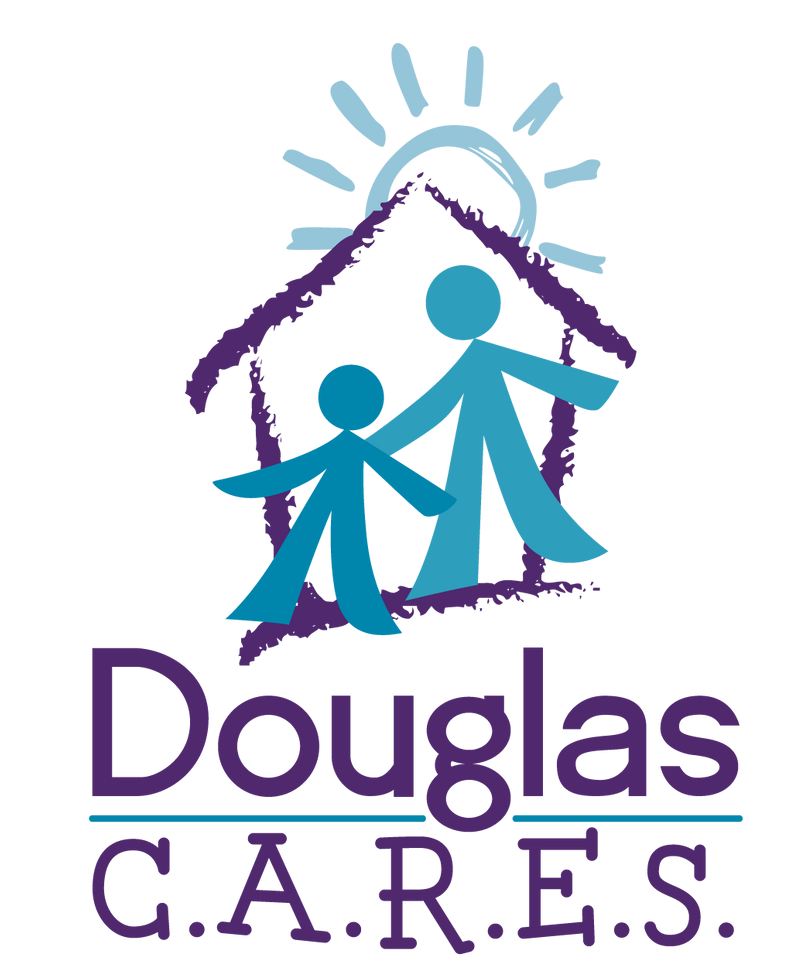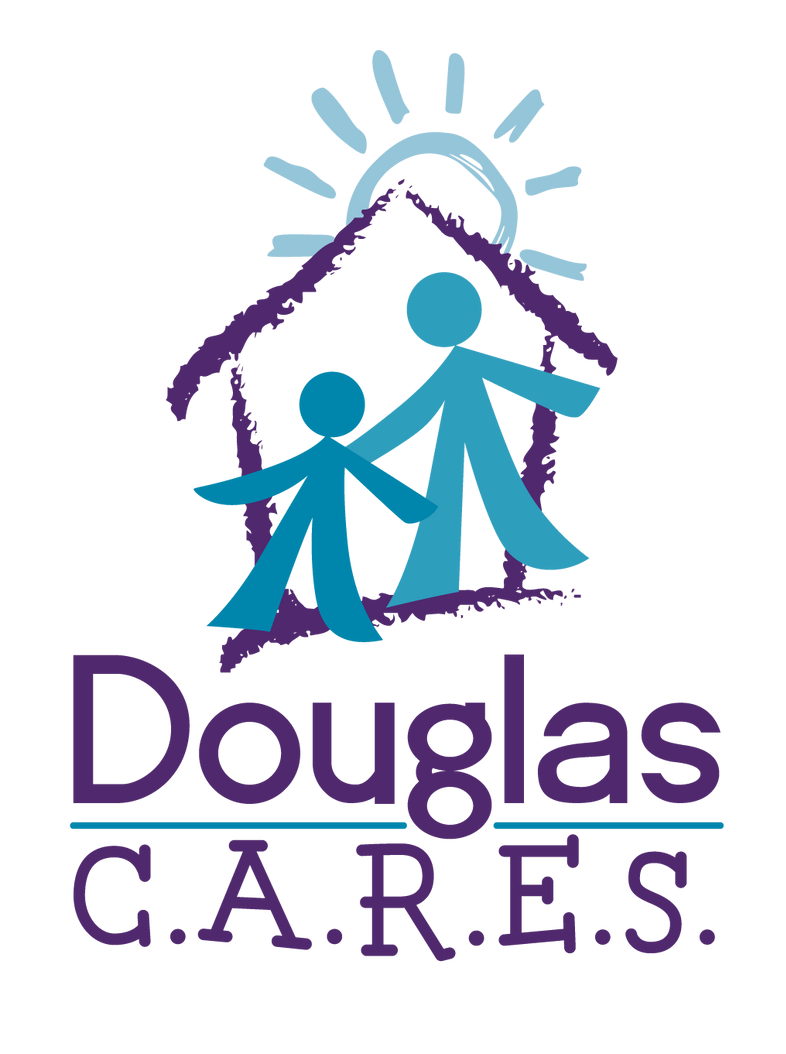Forensic Services
Forensic Medical Services
When there are suspicions of child abuse, children may be referred to Douglas C.A.R.E.S. for forensic medical services. Our expert medical team, trained specifically in child abuse examinations, conducts thorough evaluations to document evidence and assess the medical and emotional needs of each child. Utilizing a trauma-informed approach, they ensure that every interaction prioritizes the child's comfort and healing.
Our dedicated staff strives to provide a warm, caring environment that focuses first and foremost on the child's well-being. Each medical provider has specialized training in child abuse exams and use a trauma-informed approach with each child who walks through our doors.
Dr. Andrea James – Forensic Medical Director
Eileen Cleveland – DMP
Forensic Interview Services
When a child is a victim of or witness to a crime, Douglas C.A.R.E.S. conducts forensic interviews. Our interviewers are specially trained through the Oregon Child Forensic Interview Training program, enabling them to guide conversations with non-leading questions in a structured yet supportive manner. Children are encouraged to express themselves freely, using drawings or writing if they prefer, without fear of judgment. All forensic interviews are audio and video recorded and observed by law enforcement and/or the Oregon Department of Human Services, which helps minimize the number of times a child must recount their experiences.
Markelle Owens – Lead Forensic Interviewer
Staci Enserink - Forensic Interviewer & Medical Advocate

Advocacy
When a family arrives at Douglas C.A.R.E.S. for forensic services, they are greeted in the lobby by one of our experienced advocates. The advocate's role is to listen attentively to the family, provide answers to any questions about their visit, and offer support as they navigate the complex emotions associated with the investigative process. The advocate engages deeply with the family to understand their legal, financial, physical, and mental health needs.
They then facilitate connections to appropriate community resources that can address these needs. Even after the family's visit, the advocate remains in contact, ensuring they have continuous support on their journey toward healing.
Madysn Casey – Forensic Advocate
Staci Enserink – Medical Advocate

Connect With Us
Reaching out for help is a brave first step. If your family is in need, Douglas C.A.R.E.S. is here to provide the support, care, and understanding you deserve. You’re not alone—we’re here to help guide you through these challenging times with compassion and respect.
Main Office: (541) 957-5646
After Hours: (458) 271-8519
Fax: (541) 957-0191
1939 NE Diamond Lake Blvd. Roseburg, OR 97470
Subscribe to our newsletter
We will get back to you as soon as possible.
Please try again later.
All Rights Reserved | Douglas C.A.R.E.S. | Privacy Policy | Terms of Use

